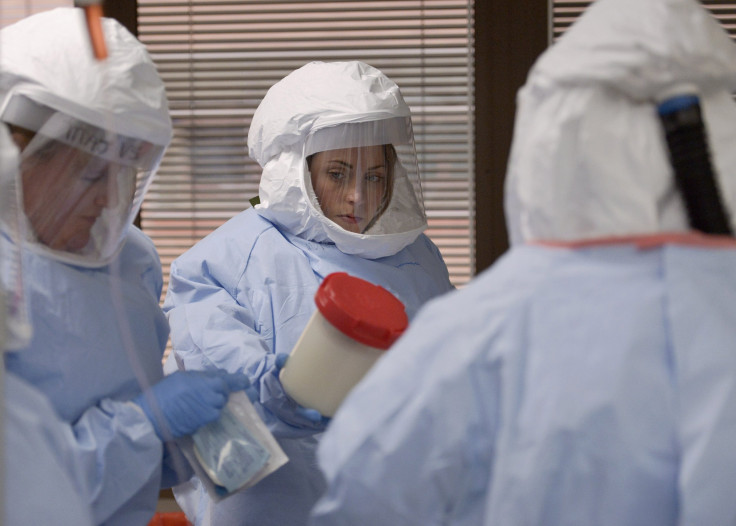DHS Inspector General Questions Ebola Response, Outdated Supplies; How Prepared Is the US, Really?

John Roth, the inspector general of the Department of Homeland Security (DHS), is not too happy with the department’s track record when it comes to dealing with Ebola.
During a House oversight hearing on Ebola, Roth pointed out the Department’s shortcomings in regards to preparing the nation to fight a potential outbreak of the virus, citing its inability to organize its supplies, many of which might be expired. Roth’s job as inspector general is to serve as a watchdog over the activities of DHS, in order to ensure that it’s operating in compliance with government policies; he also keeps a check on the organization’s efficacy.
In the audit, Roth noted that the DHS spent $9.5 million since 2006 on pandemic protective equipment, and an additional $7 million on antiviral drugs for emergency workers. But he blamed the department for not doing an adequate assessment to determine what was needed versus what might be unnecessary. In addition, many of their supplies have a “finite shelf life,” such as bottles of hand sanitizer and roughly 200,000 respirators that may be past their five-year guarantee. “As a result, DHS and components may not have sufficient [protective gear or medication] to provide to the workforce during a pandemic,” the audit says.
In response, the DHS defended itself by stating that the audit “has not appropriately characterized a number of issues,” noting that the shelf life of its supplies is in fact longer than Roth made it seem. “We are constantly seeking to improve our pandemic preparedness and are committed to protecting our employees in order to ensure the effectiveness of our mission,” DHS spokesman S. Y. Lee said in a statement. Lee also argued that the DHS “had already previously identified many of the issues prior to the review, and have taken comprehensive actions to address them.”
So far, there have been four Ebola cases diagnosed in the U.S., including three American health care workers who have all either recovered or are in isolation. Though both President Barack Obama and the Centers for Disease Control & Prevention (CDC) have repeatedly stressed that the United States will keep the virus under control, the poor handling of Thomas Eric Duncan has shined a light on the nation’s questionable pandemic response.
Obama has emphasized the importance of keeping public health systems taut and effective in the face of a dangerous virus like Ebola — or even future ones that might be more easily transmitted. “There may come a time sometime in the future where we are dealing with an airborne disease that is much easier to catch and is deadly, and in some ways this has created a trial run for federal, state, and public health officials and health care providers, as well as the American people to understand the nature of that and why it’s so important that we’re continually building out our public health systems. But we’re also practicing them and keeping them in tip top shape, and investing in them,” the president said in an interview.
Darrell Issa, chairman of the House Oversight and Government Reform Committee, said that underestimating the virus would be a “major mistake.”
“Recognize that what we don’t know could kill us,” he continued. “We need to know why there have been breakdowns. I think we all know the system is not yet refined to where we can say it is working properly.”



























